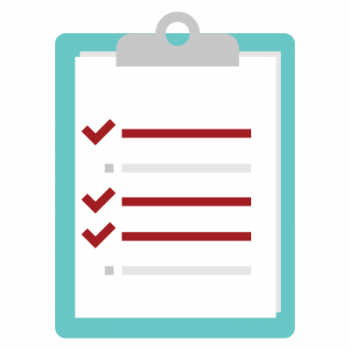Retiring SIS and its related applications, streamlining and connecting our student systems, and implementing Workday Student are all critical components of the Student Sunrise project; however, the project’s scope extends beyond technological transformation.
Provost Beverly Wendland, the project’s executive sponsor, explains, “The Student Sunrise project is a unique opportunity to examine the tools, processes, policies and structures that support our academic mission and make enhancements that will better serve our students, faculty and academic staff, and WashU as whole.”
Our team has been examining those tools, processes, policies and structures since early 2020. During our Discovery Phase, we thoroughly documented WashU’s current state of affairs, cataloging hundreds of academic processes and thousands of sub-processes, many of which we will configure in Workday. Then, during the Plan Stage, we met with campus subject matter experts to draft how we could transform some of those processes. These conversations proved invaluable and supported the creation of our campus teams, which kicked off in October 2021, shortly after we entered the Architect, Configure and Prototype Stage of the implementation.
Discovery Phase
Document current state academic and student processes, policies and tools
Plan Stage
Prioritize areas for improvement, brainstorm ideas for how to enact those improvements
Architect, Configure & Prototype Stage
Solidify plans (designs) and configure changes in Workday
Campus teams help ensure the diverse interests of our community are represented in decision making by providing insights on how they do things today, how they’d like to do things in the future, and how we can leverage Workday to better serve our campus community.
At our December campus team meeting for Advising, Degree Audit and Curriculum, for example, campus team members raised unique configuration considerations related to prerequisites.
“I have three classes right now, with a total of nine sections that all have students on a waitlist that I haven’t been able to check yet, so they are just sitting there until I can get to it,” shared Brown School Registrar Alisha Wood Lindstrom. “For one course, I have to make sure they’re co-enrolled in a practicum. For the others, I need to check on their prerequisites. The fact that [in Workday] students can only enroll or add themselves to the waitlist if they’re eligible will be amazing! It will also save so much time for me and my office team.”
Most schools will greatly benefit from Workday’s automated prerequisite processing, but not all areas will configure prerequisites the same way. University College has a largely external enrollment base whose previous course work may not exist yet in Workday. The project team is working with campus team members to determine if and how we’ll configure prerequisites for University College courses in Workday.

Providing and validating data is another way that campus team members will assist the project with their localized insight. For example, starting in January, representatives from each school will begin to review their school’s prerequisites and corequisites (e.g., lecture/lab combos) listed in WUCRSL (WashU Course Listings) before the project team configures them in Workday. (This will be an iterative process with multiple reviews leading up to go-live.)
These data gathering efforts are an opportunity for schools to maximize their transformation experience. While reviewing what’s currently listed, schools can evaluate whether any changes would benefit their students, faculty or staff. For example, if faculty have observed that students who have not taken a recommended course tend to perform poorly compared to those who have, they may wish to make that course a prerequisite enforced in Workday.
“We look forward to our continued partnership with campus team members throughout the life of the project,” said Erin Culbreth, associate provost and Student Sunrise project executive director. “Their engagement, and the involvement of the WashU campus community, will be paramount as WashU transforms its academic operation to better serve its students, faculty and staff.”